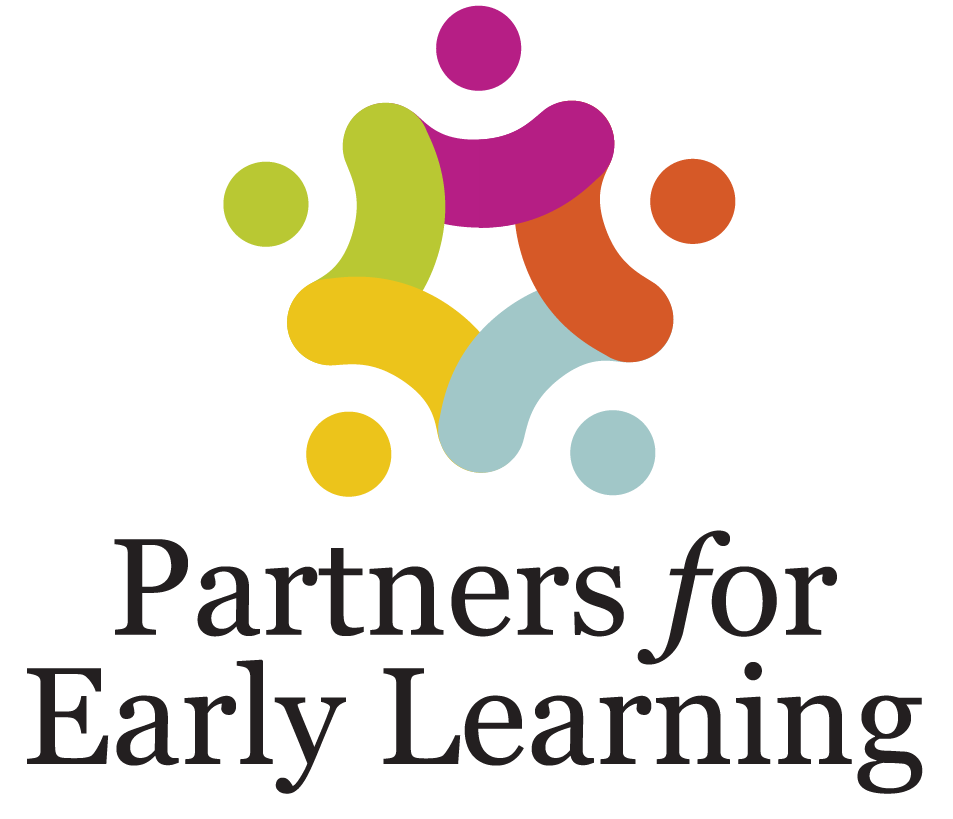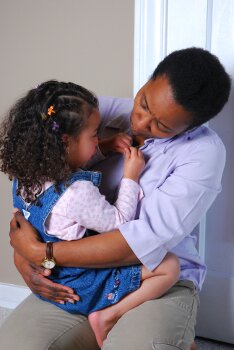Handling big emotions.
Tommy: “I hated striking out!”
Dad: “I know, but you did a good job of handling your emotion.”
Tommy: “It wasn’t easy!”
Handling emotions is a big job, even for adults. But step into the shoes of a preschooler learning about emotions, and the task is even harder. This is where you can help! Kids learn about emotions by watching you. They see how you deal with your own stress or joy, and they experience firsthand how you respond to them and their emotions. This learning begins the day they are born.
Every situation is a learning experience.
Whether you are celebrating with your kids when they are happy and excited or you are cuddling and soothing them when they are upset, you teach your kids how to handle emotions. So set a good example because kids will repeat your words and imitate your behavior. For instance, when you treat your children with kindness, they will likely treat others similarly.
Are you patient when they have a meltdown? Do you recognize their emotions when they are happy, sad, frustrated, or angry? By acknowledging a child’s emotions, you are telling him that you care about his feelings. Use words to describe his feelings by saying, “Are you sad that Billy has to go home?” Giving children the words they need to name their emotions is a critical first step in teaching them how to handle those feelings. If your child is upset, stay calm and supportive. Knowing you care about their emotions goes a long way in building trust with your child and will help keep the lines of communication open as he grows older.
Easier said than done.
Every parent wants to do the right things for their children, but we can’t stop what we do right away to respond to every situation. You want to listen to why they are upset, but if you don’t hurry and pack the lunch, the carpool will be waiting – again! So how do you handle emotional situations when you don’t have time? Take a brief moment to acknowledge their feelings and tell them you will talk about them after preschool. Then be sure to keep your promise and talk about them when you get home. You are telling your preschooler that her feelings are important. By honoring her feelings, she will understand that you care.
Getting ready for school and life.
What else can a parent do to help get kids school ready? After all, there’s more to kindergarten than just learning the ABCs and 1-2-3s. Kindergarten is a very important time of social and emotional development. It’s a time to make friends and learn how to participate in a classroom full of other children. They have to listen to directions, wait their turn, sit quietly, pay attention, and share with others. These are big skills for little kids, and you can help at home. So take turns playing games, ask them politely to listen, and practice sharing. Kids won’t learn all of this the first time or overnight. Learning social skills takes practice and a lot of patience. When kids learn how to get along with family and friends, they are more prepared to make new friends and get along with teachers and other adults.
The “Power of Please!”
There’s nothing cuter than a toddler trying to say “please,” and instead, it comes out “Peas, Mommy!” But understanding the importance of saying “please” and “thank you” shouldn’t be underestimated. When kids are taught manners at a young age, it is much easier for them to be courteous to others. Be sure to give gentle reminders because saying “Please and Thank you” requires lots of practice before either becomes a natural response.
Helpful parenting tips
- Help your kids learn about emotions.
- It all starts with a good relationship with your child.
- Honor her feelings and help her to understand them.
- Help her to learn about all emotions.
- Talk about what she’s feeling and how to handle a big emotion.
- Help her to recognize the feelings of others.
- Teach her how to be patient, wait her turn, and get along with others.

